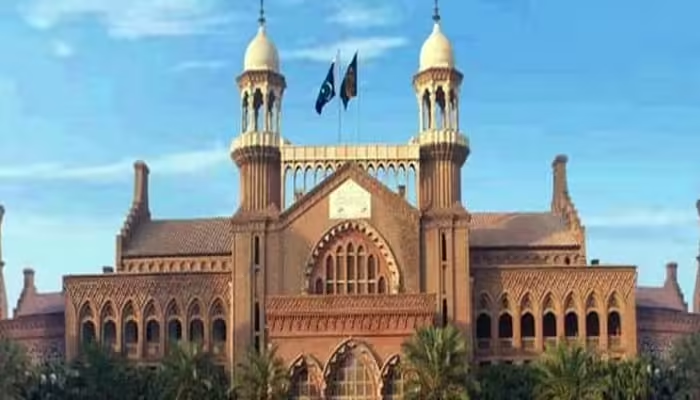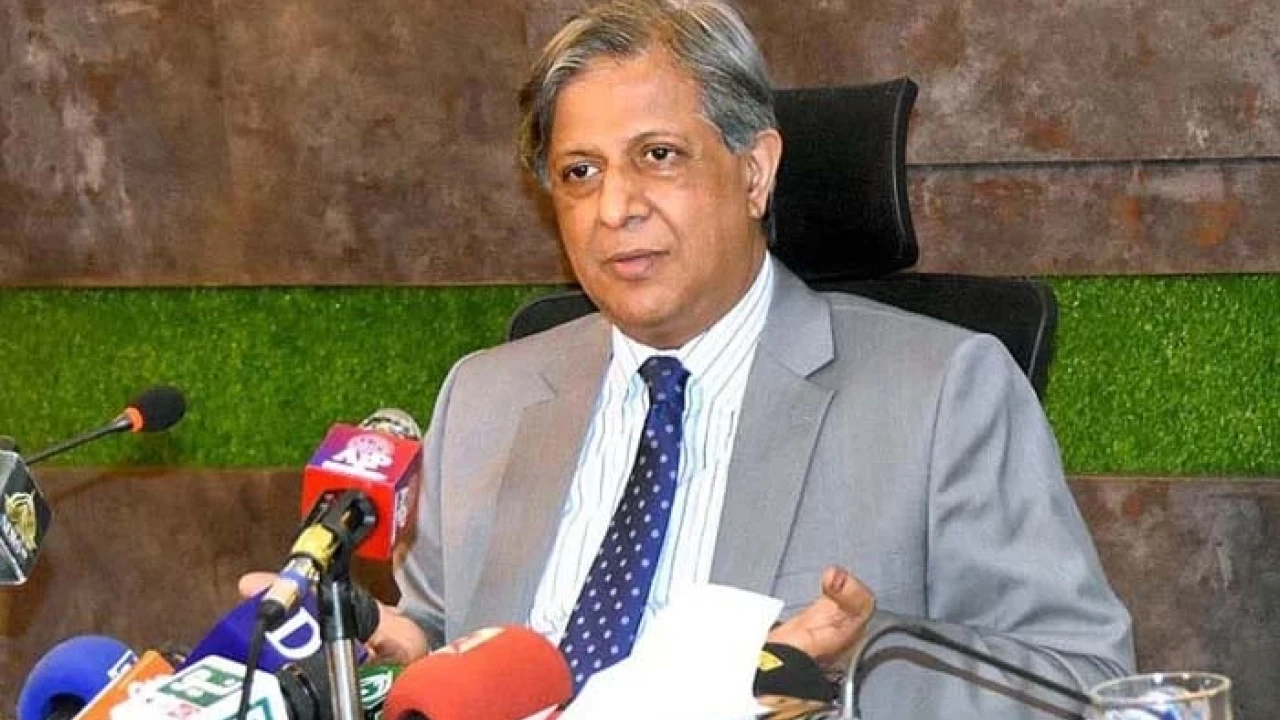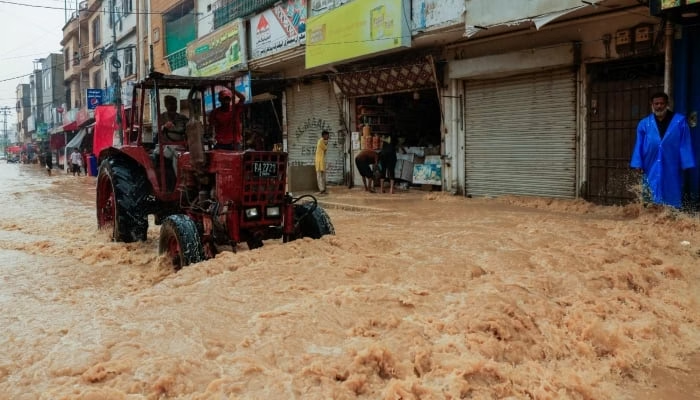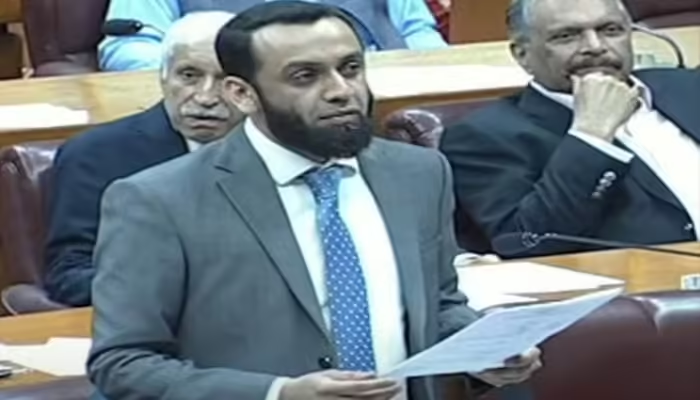In a significant legal development, Chief Justice of the Lahore High Court (LHC), Alia Neelum, summoned Pakistan Muslim League-Nawaz (PML-N) leader Uzma Bukhari along with her travel history after the Director General (DG) of the Federal Investigation Agency (FIA) failed to appear in court. The hearing was regarding a case linked to a fake video scandal involving Bukhari.
The Case Background
The legal proceedings were initiated after Uzma Bukhari filed a petition in the Lahore High Court against the circulation of a fake and defamatory video, often referred to as the “Nazeeba fake video case.” Bukhari, who is a prominent political figure in Pakistan and a vocal critic of certain opposition factions, found herself the target of a malicious video campaign, which was allegedly designed to tarnish her reputation. The FIA, being responsible for investigating cybercrimes, was entrusted with probing this matter, including tracking the individuals involved in circulating the fake video.
Court Proceedings
During the recent hearing, both the public prosecutor and Uzma Bukhari’s legal representative were present in the court to discuss the progress of the investigation. However, Chief Justice Alia Neelum raised concerns when the DG of FIA, the key figure responsible for overseeing the investigation, did not attend the hearing. When questioned about the DG’s absence, the public prosecutor informed the court that the DG had traveled to China for an official-level meeting, which explained his non-appearance in the court.
Chief Justice’s Reaction
Chief Justice Alia Neelum expressed her displeasure over the absence of the DG FIA and stressed the importance of his presence in such a high-profile case. She stated that the DG FIA should have made efforts to attend the hearing, or at the very least, arranged for a competent representative to appear on his behalf. Justice Neelum further remarked that the court would not tolerate repeated instances of non-cooperation or negligence by the FIA in handling such critical cases.
The court ordered the DG FIA to appear at the next hearing in person and instructed the public prosecutor to present the DG’s boarding passes and complete travel history, suggesting that the court wanted to verify the legitimacy of the DG’s official visit to China. The Chief Justice sternly remarked, “The DG himself does not leave the office,” implying that the court expects high-ranking officials to fulfill their duties, especially in sensitive cases such as this one.
FIA’s Unpreparedness
Another point of contention during the proceedings was the FIA’s alleged lack of preparation. Uzma Bukhari’s lawyer raised concerns that the FIA seemed unprepared and had yet to make any significant progress in the case. Specifically, the lawyer noted that the FIA was unable to trace the whereabouts of a key figure in the investigation, Falak Javed, who is allegedly involved in producing or distributing the fake video. The lawyer argued that the FIA’s failure to apprehend Javed was a sign of the agency’s inefficiency in handling the matter.
Justice Alia Neelum, agreeing with the argument, remarked that this was not the first time the FIA appeared in court without adequate preparation or updates on the case. The court emphasized that if the FIA continues to be unprepared, it could lead to delays in justice, which is unacceptable in such cases involving public figures and defamatory campaigns.
Next Hearing and Expectations
The Lahore High Court adjourned the hearing until September 30, providing the FIA additional time to gather necessary evidence, including arresting key suspects like Falak Javed. In the meantime, the court ordered Uzma Bukhari to submit her travel history, further indicating that all involved parties need to cooperate fully for a thorough investigation.
The court’s decision to summon the DG FIA along with his travel records and to demand concrete results from the FIA’s investigation shows the seriousness with which the judiciary is approaching the case. As this legal battle unfolds, it could set a precedent for how defamatory campaigns, especially those involving fake videos, are handled by law enforcement and the courts in Pakistan.
The fake video case involving Uzma Bukhari has taken a significant turn with the Lahore High Court’s latest orders. The summons issued to the DG FIA reflects the judiciary’s dissatisfaction with the progress of the investigation, and the emphasis on accountability could push the FIA to intensify its efforts. With the next hearing set for September 30, both the court and the public await the FIA’s findings, which could have broader implications for combating defamatory digital campaigns in Pakistan’s political landscape.



